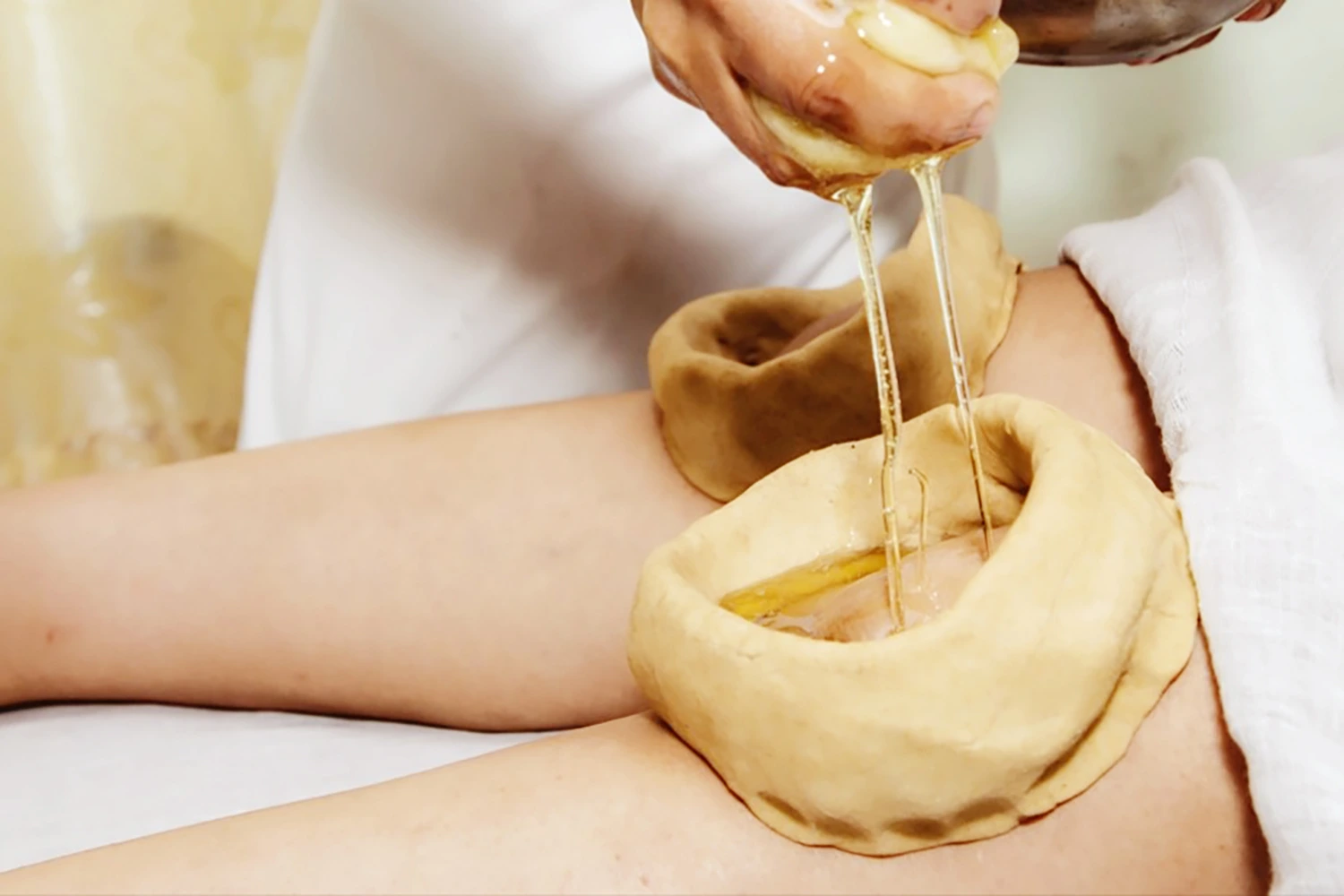


Arthritis is a typical condition that damages the joints, as a result of which they become painful, inflamed, and stiff. For over a thousand years, Ayurveda, which is a holistic system of medicine, has been supplying the earth’s products as medicines to arthritics, as it inherently understands the way to eliminate the cause instead of merely providing relief. At present, a customer with arthritic joints can be cured through Ayurveda, and the use of herbs, proper food, and other therapies can bring the pain long-lasting relief. The first part of our article talks about the best herbal medicine to relieve joint pain and then moves on to discuss natural treatment of arthritis symptoms and a therapeutic approach to the knee joint for relief.
Understanding Arthritis in Ayurveda
Ayurvedic medicine considers arthritis a disease that comes as a result of Vata dosha imbalance in the body. The reason for the Vata dosha imbalance is the generation of dry, stiff joints with pain
.
Best Ayurvedic Medicines for Joint Pain
Shallaki, also called Boswellia serrata, is a key Ayurvedic herb. It helps reduce swelling and pain. This herb also improves joint movement.
How to Use:
● It is Shallaki that should be consumed either in powder or capsule form every day, together with some warm water, no matter what other drugs you are taking.
● People can also put Shallaki oil on their joints in a spot where they are hurting to get relief externally.
● Ashwagandha (Withania somnifera): One of the Indian medical system’s herbal drugs, Withania somnifera, demonstrates extremely potent anti-inflammatory effects along with its property of body rejuvenation and hence is ranked among the most efficacious joint pain relief drugs
How to Use:
● Ashwagandha root powder should be taken in one teaspoon of hot milk.
● A person may also find the Ashwagandha supplement in capsule form.
Nirgundi (Vitex negundo): Nirgundi herbal medicine is an excellent food supplement for joint inflammatory disorders, as it works well for the alleviation of pain in patients.
How to Use:
● Usually, swollen joints are treated with the application of Nirgundi oil.
● The consumption of Nirgundi tea helps the swelling of the joints to go down.
Methi (Fenugreek): Fenugreek seeds are endowed with two functions that help joint flexibility and also remove stiffness.
How to Use:
● You cannot use fenugreek seeds without first soaking them overnight.
● If you drink fenugreek tea regularly, your joints will be healthy.
Ayurvedic Diet for Arthritis Relief
An appropriate Ayurvedic diet is a perfect tool to relieve arthritis pain because it hits the primary reason of the disease – the inflammation, at the same time, it makes joints more hygienic.
● Overconsumption of dairy products and red meat.
Yoga and Ayurveda for Arthritis Management
Among the many Ayurvedic ways, Yoga is the one used to alleviate symptoms of rheumatoid arthritis and osteoarthritis. Those patients who take Yoga regularly can have their joints work smoothly and even get more flexible; their condition of being stiff is improved, and pain makes its appearance to a lesser degree.
Most Effective Yoga Poses for Arthritis
● Tadasana (Mountain Pose) – Body posture is improved with the help of this, as joints get energized.
● Vrikshasana (Tree Pose) – The balance of the body is achieved with the help of this, and pain in the knees is gone.
● Bhujangasana (Cobra Pose) – The backbone becomes more flexible with the help of this, and the lower back area is given relief.
● Matsyasana (Fish Pose) – It is very powerful for joint mobility and also for relaxation.
If a person does these exercises along with deep breathing, it will be very beneficial to the joints in general.
Best Ayurvedic Therapies for Knee Pain
Apart from herbal cures and yoga, Ayurveda has several effective ways for arthritis pain relief.
● Abhyanga (Oil Massage)
● Panchakarma Therapy
● Janu Basti